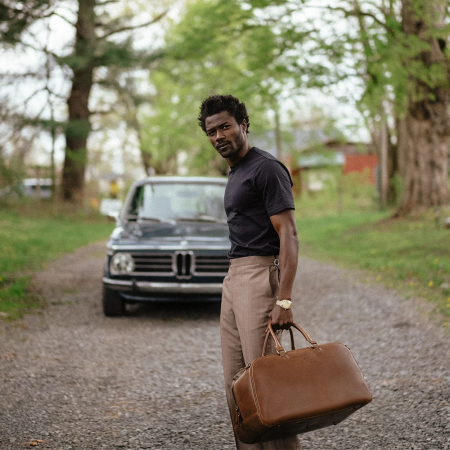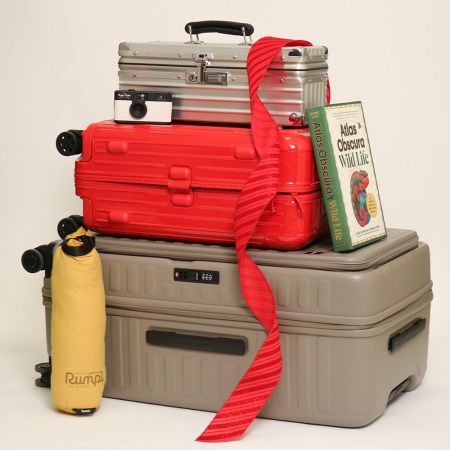Travel + Leisure annually asks readers to rank 266 cities to identify their favorite locales around the world. Among the criteria guiding the ratings: arts, culture, transportation, culinary offerings and the “friendliness” of the people who live there.
A natural byproduct of said system? T+L could also hypothetically create a list of the cities their readers deem the unfriendliest.
“Rude, unhelpful people trying to scam you for everything,” says a visitor about city no. 5, Los Angeles.
“It’s fun — if you like to gamble and don’t mind rude, fast-paced people,” says another about no. 2, Atlantic City.
But what the hell are you going to Atlantic City for if not to gamble and go home with war stories about the seedy characters you came across there? That’s what makes it fun, and different from Any Town, USA.
Here’s the one that really got me: “New York has everything — just don’t ask a person in the street to help you find it.” I can’t speak for the other 8 million people here, but every single time any tourist has asked me for help — and even when they haven’t, but I see an angry spouse giving them the proverbial look — I answer any question I can or point them to the closest subway station.
What this list really comprises is the age-old Catch-22 of visitors making generalizations about places they visit for the purpose of a survey that will then inform others to make those same generalizations upon their visit. It’s a vicious cycle of overstated negativity, if you will.
If being unfriendly means that people roll their eyes when you stop in the middle of the sidewalk to use a selfie stick, or reprimand you for bad subway etiquette, then sure, we’re unfriendly. But remember: being a visitor is being a guest. If you committed a social faux pas while, say, visiting a friend or, better yet, walking around in your own town, would you call that “unfriendly” behavior, or “out of line” behavior?
Just a little food for thought next time you’re in a foreign city and find locals less-than-satisfied with your carriage. Every zip code comes with its own set of social mores, customs and best practices.
It is your responsibility, as a good traveler, to adapt to that. Not vice versa.
This article was featured in the InsideHook newsletter. Sign up now.























